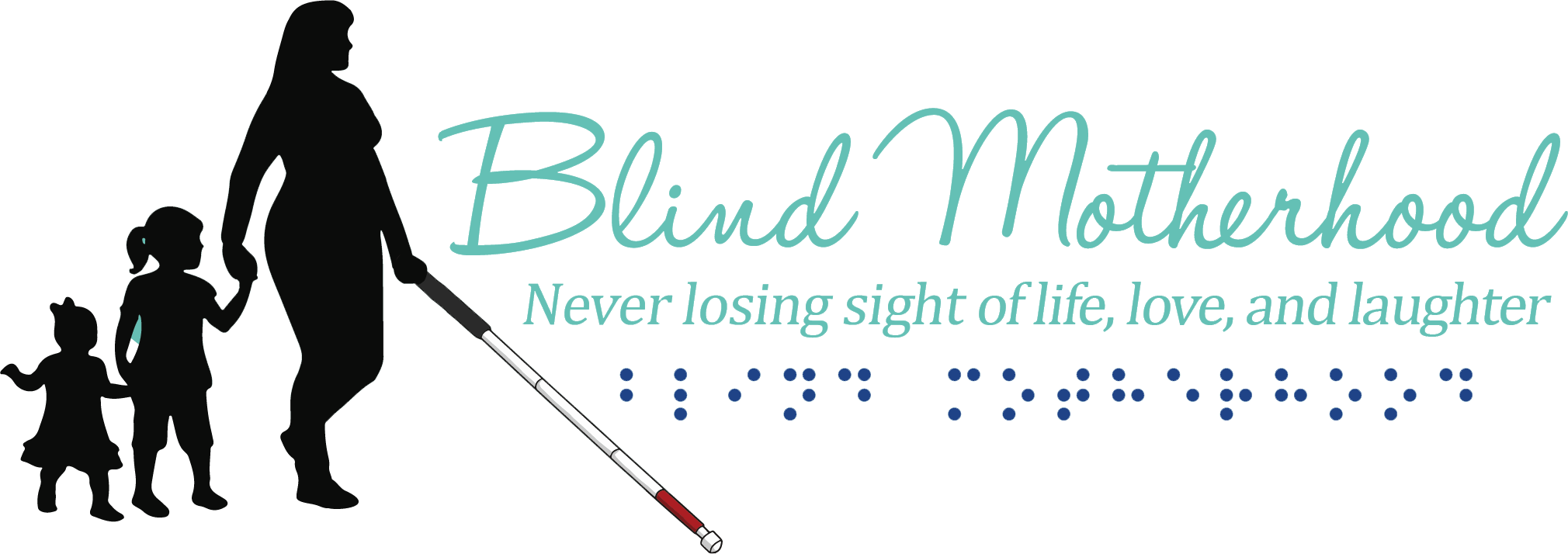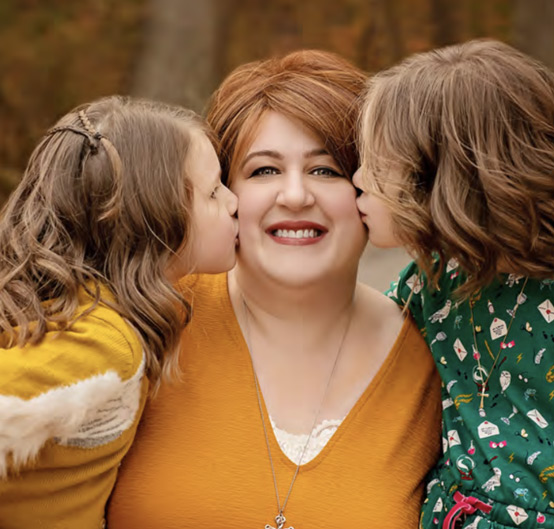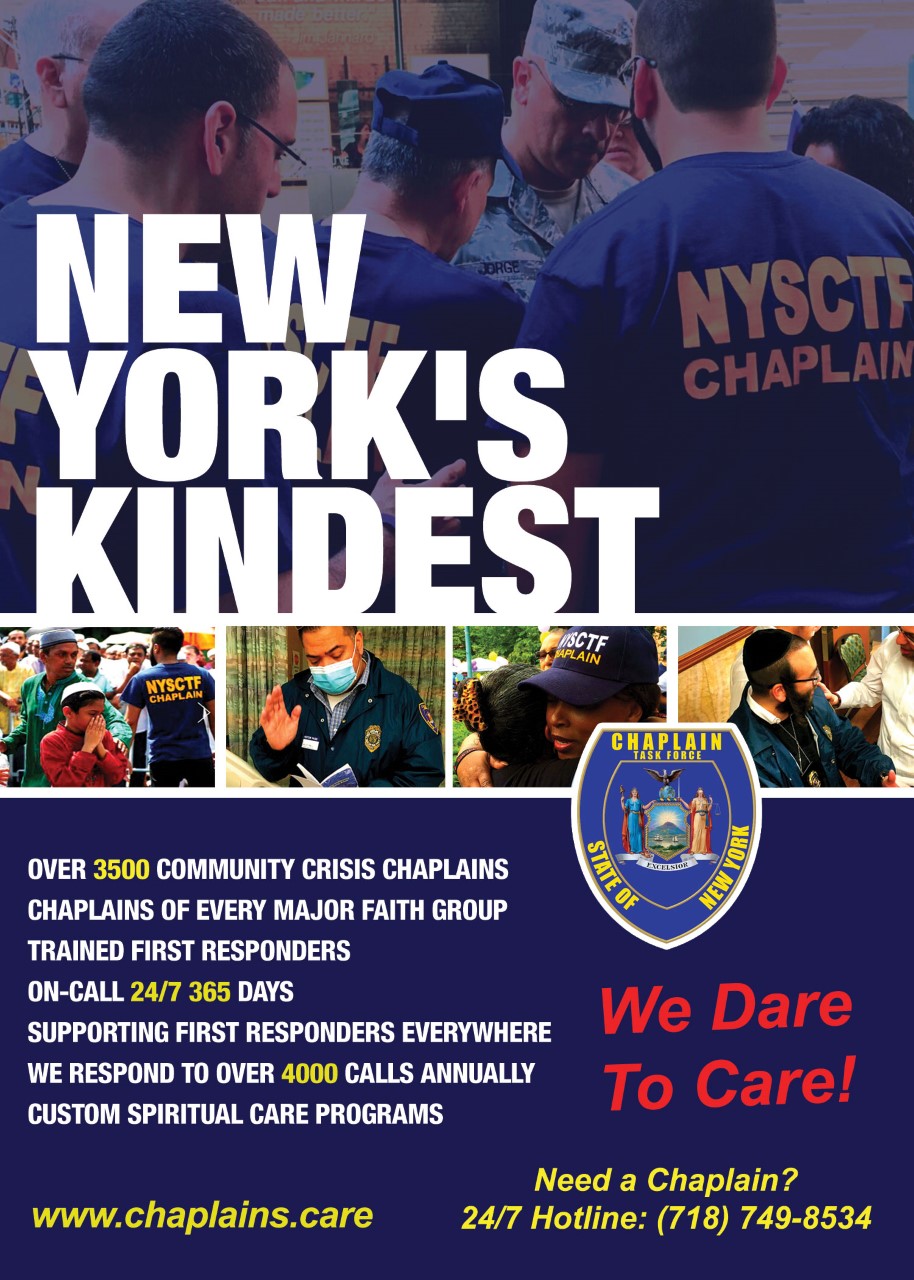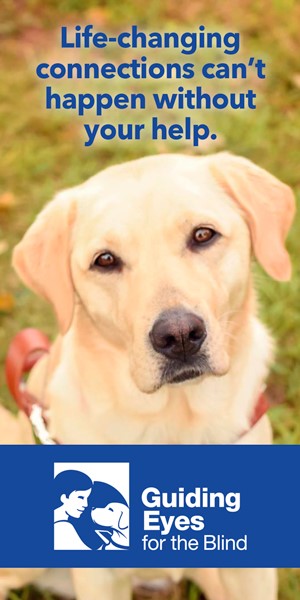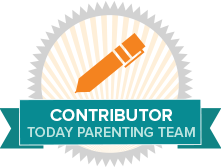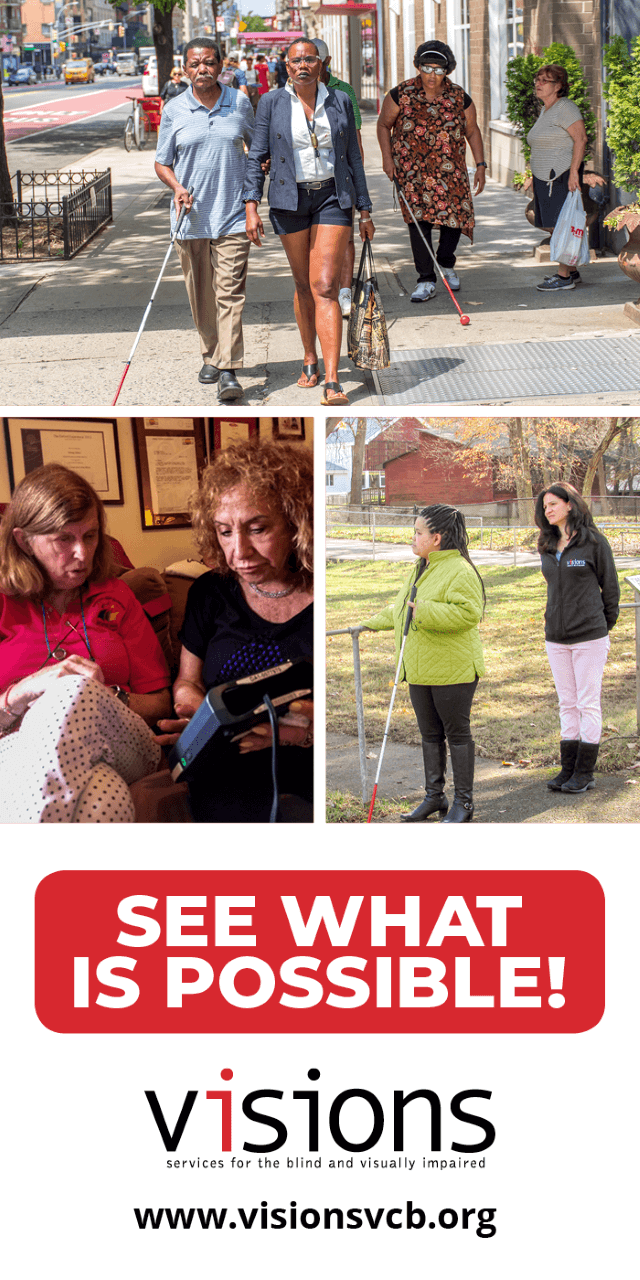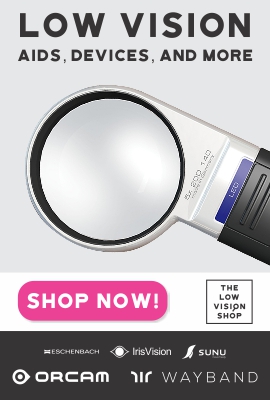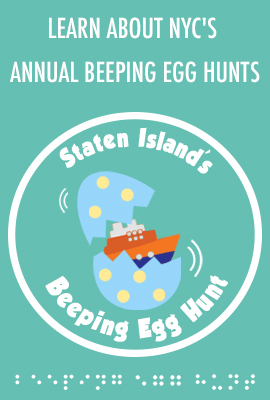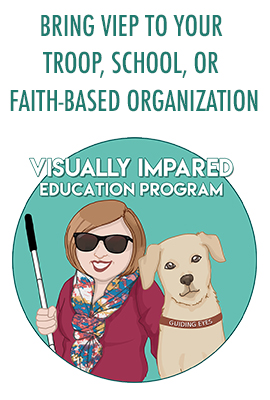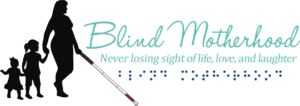Back in June, I explained my frustrations about trying to get my daughter, Nuala, into NYC’s UPK Program. As you might recall, she was placed in a school that would require over a 16 block walk and a ride on an MTA bus – that’s with Nuala (4), Aoife (2) and Frances. The entire trip, 4 times a day, would be an almost 4 hour commute. The start time for this particular school begins at 7:50 in the morning. Meaning I would most likely have to leave my house no later than 6:15 am to get her there on time, every single day. Yeah, not happening.
There is an alternative school by my home that’s only 6 blocks away (Yes, I said 6!) which I could easily walk Nuala to every single day, independently. The problem is the Department of Education (DOE) won’t make my daughter a priority on their waitlist because my disability can’t give her “preference.” Their words, not mine.
They also won’t disclose how far down my child is on that waitlist. She could be next. There could be 15 children in front of her. So here we are heading into August and I have no clue if Nuala will be given a seat in a UPK classroom this fall. To buy a book-bag or not to buy a book-bag, that, my friends, is the question.
Locating My Allies @ NY1:
When this whole mess began, everyone I talked to about the problem appeared very confused. The solution seemed overly simple – move my daughter to the school her visually impaired mother could walk her to every day. Easy peasy right? WRONG.
As I began advocating and looking for allies in my quest for UPK, I hit a lot of big roadblocks. I don’t doubt that people felt bad for my situation, the problem was nobody wanted to step up and actually do something about it. Attempts were made, but no follow-through. And while I deeply appreciated the effort, nobody had a solution that appeared attainable.
I was able to contact a local reporter, Lisa Voyticki of NY1 News, whom I had met through a story she had done regarding Blind Motherhood. I had been keeping Lisa posted about my UPK situation for the past several months. After a lot of back and forth, Voyticki was able to get my story on-air as an Exclusive with NY1.
From there, things started moving. During another show on the same station, the Road to City Hall, her colleague, Errol Louis, actually discussed my case directly with NYC Mayor Bill de Blasio on air. De Blasio promised me a return phone call from the Department of Education. He delivered, having his Educational Director for Early Childhood Education call me the next day. That gentleman explained he could add Nuala to another waitlist for our zoned school, that had been previously closed when I applied. She is now on “2” waitlists, but still no seat.
“6” Major Issues With the NYC UPK Program For Blind/VI Parents:
These issues with UPK are so much bigger than my daughter. While I would love for her to go to school and see no reason why she cannot be given a seat closer to our home, there were several unexpected complications I encountered throughout this process including inaccessibility, lack of concern for my family’s safety, inaccurate information, and overall insensitivity.
1) No Large Print/Braille/Digital Option: The way the NYC DOE works it’s UPK application process is two-fold. First, the opening for applications is announced. Parents must then go online and submit a form, indicating basic information and select up to 12 schools as choices for their child to attend. There are locations you can visit for help navigating the online system or you may also submit the initial information via the phone. All communication is through email, including your “offer” letter, indicating where your child has been offered a spot. A hard (paper) copy is also mailed. So what’s the problem, Holly? The real problem for blind/vi parents begins with the actual registration application you receive from the school of placement. The DOE application for UPK is currently available in 10 languages. However, when I requested a braille/large print/or digital version, I was told they could provide me with a “translator.” A translator? I, myself, don’t speak any foreign languages. The fact I was even offered a translator was insane! Under the American with Disabilities Act, Title II, braille/large print/digital should be made available upon request. Instead, I was handed a 12-page paper application, with multiple checkboxes and tiny fonts. I could not complete the application without the help of “Mostly Wonderful.” It was positively infuriating. We also had to provide Nuala’s vaccination records, her birth certificate, a form of parental identification, and two proofs of address.
2) Preference = Safety: I don’t like when people use the word “preference” to insinuate I am seeking special treatment because I am visually impaired. I don’t want special treatment for my child. However, I do expect my child(ren) to be safe while attending school. Having our children placed in locations we can get to, whether by walking or an accessible subway station, should be a priority because it ensures the safety of our families. Winter weather can be fierce in New York City. That potential hour-long commute I would have to navigate to take my child to school could easily be doubled in snow and ice. I would also fear racking up unwanted absences in the event dangerous weather would prevent me from making my way to the bus stop. So, excuse me, if I am asking for my child to be placed where I get to independently. I won’t sacrifice Aoife’s safety for Nuala’s. While Frances is a reliable guide dog, physically and mentally, this is too much for one mother to have to deal with. If safety requires giving our families preference; then it should be done.
3) Start Times Matter: Not all NYC UPK Programs begin at the same time. As I mentioned earlier, the school Nuala has been currently placed in begins at 7:50am. The school I want her to attend begins at 8:50am. It’s not about an earlier wake-up time. Again, this boils down to safety. A later start time means I can travel with more sunlight during winter months. It won’t be dark when I am leaving the house in the morning. This extra daylight will also ensure both me and my family are more visible to motorists. I would advise all disabled parents, including the blind/visually impaired, to investigate start times for the UPK programs you’re considering. These start times can make a big difference in your commute, should you choose to use Access-A-Ride or public transportation. After all, leaving at the tail end of rush hour means facing fewer obstacles and perhaps less aggravation as we attempt to get our children to school.
4) UPK Applications Do Not Denote Parental Disability: There is no place on the UPK application that specifies disability relating to the parents. There is no “option” for disclosure. Therefore, be advised it’s the parent’s responsibility to reach out to the school and discuss accommodations with their staff.
5) Educational Neglect Remains A Concern: The biggest fear for blind/visually impaired parents remains a visit from children’s services. It’s true, UPK & Kindergarten are not mandatory. However, attendance is taken. I have been told by every single UPK provider that my daughter’s attendance can’t be held against me for an educational neglect case. THIS IS WRONG! As a social worker and someone who has worked in conjunction with NYS Office of Children & Family Services (OCFS), do “NOT” believe this. In the NYS Administration for Children’s Services (ACS) Parent’s Guide to NYS Child Abuse & Neglect Laws, page #6. The following example is provided:“Question: I enrolled my son in kindergarten but don’t always send him to school. Since kindergarten isn’t mandatory, does it really matter if he attends every day? Response: While it is true that kindergarten is not mandatory, if you enroll your child in a school, the child must attend on a regular basis. If the child is consistently absent without a documented excuse, the school is required to investigate the reason for these absences. If, for whatever reason, you have decided not to send your child to the school he is enrolled in, you must officially withdraw him from the school.”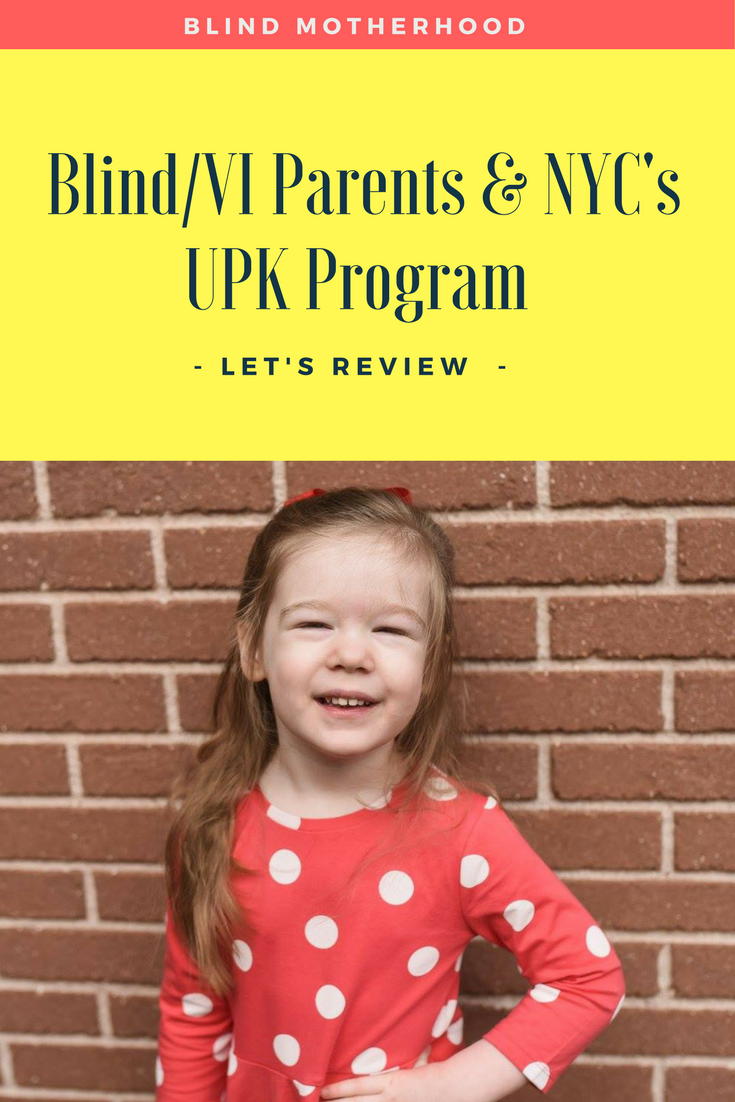
6: Terminology & Overall Respect: I was shocked and appalled by the ignorance I have encountered relating to my disability throughout this process. By far the worst offense was having my daughter referred to as “at-risk” by DOE staff. “At-risk” is a term reserved for vulnerable populations. My child is not “at-risk.” However, she does have a mother with a disability which I am sure will impact her in many ways throughout her lifespan.
Mark Twain once said, “The difference between the almost right word and the right word is really a large matter. ‘Tis the difference between the lightning bug and the lightning.” NYC DOE staff (including UPK providers) need to do better. Disabled parents deserve to be heard and respected like any other parent. Terminology is key.
What’s Next?:
My local newspaper, the Staten Island Advance, devoted a cover story about these issues last week. After that story appeared, I received a phone call from the Commissioner for the New York City Mayor’s Office For People With Disabilities, Victor Calise. Mr. Calise has promised to advocate for me on behalf of these issues and will call me back sometime this week.
Some people in the blind community have commented on my social media saying things like “big deal, she’s just getting coverage.” While a resolution has yet to present itself, I want blind and visually impaired parents to know this is a “very big deal.” When policies need to be changed in order to enable us to be active participants in our children’s education, then we need to “say something.” We have to be our own best advocates.
I also believe the people who represent us as a blind community need to know what’s going on. I have reached out the AFB, ACB, and NFB. The New York State Commission for the Blind is also aware of the situation and has been very supportive.
I have not had a full conversation with Nuala, despite the media coverage and her picture in the paper. As far as she knows, mommy is trying to get her into a school we can walk to every day. I’ve told her if I can’t do that, she will be in “mommy’s school” and I will home school her to the best of my ability. I can’t, however, replicate the socialization UPK provides, but I will look for activities I can enroll my girls in to help offset this.
Are you a blind parent having problems with UPK where you live? Email me at holly@blindmotherhood.com and tell me your story.
